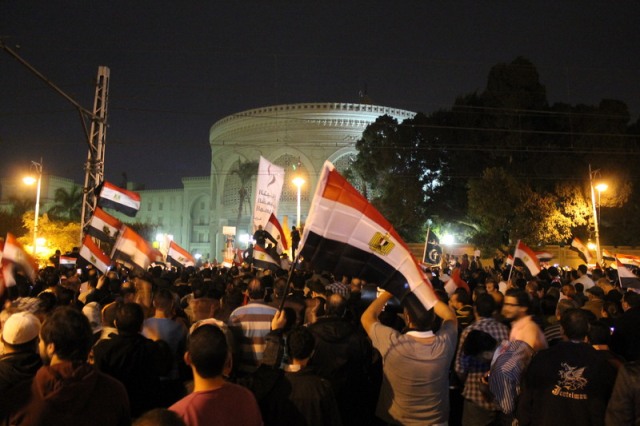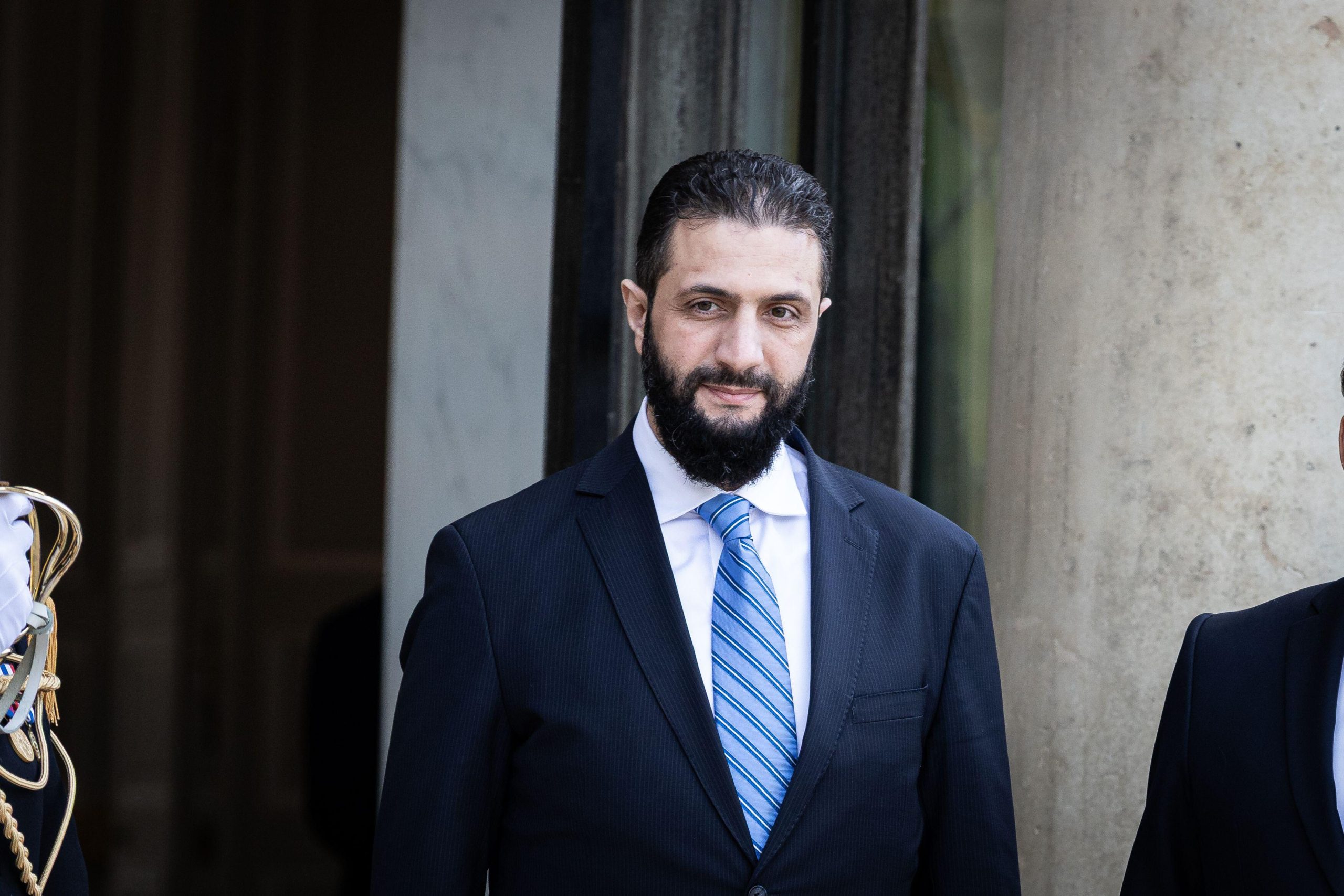An Egyptian journalist covering Wednesday’s clashes outside the presidential palace in Heliopolis between Islamist supporters and opponents of President Mohamed Morsi has been declared clinically dead after sustaining gunshot wounds to the head.
33-year-old Al Husseini Abou Deif —who worked for the independent Al Fagr newspaper — is the latest journalist to become a victim of the violence while reporting on the protests in Egypt. Another Egyptian journalist was killed while covering the 18-day mass uprising that toppled former President Hosni Mubarak last year. Several journalists, Egyptian and foreign, have also reported assaults, sexual molestation and intimidation while trying to tell the story of Egypt’s turbulent transition.
An witness who was standing next to Abou Deif when he was gunned down said that the journalist was shot at close range while filming anti-Morsi protesters under attack. He added that Abou Deif had been deliberately targeted and that his camera had been seized. Doctors at al Zahraa Hospital, where Abou Deif lay in a coma fighting for his life, also confirmed that the assailant had been less than two metres away from the journalist.
A member of Egypt’s Journalists’ Syndicate, Abou Deif was an outspoken critic of the government and had often participated in rallies protesting media censorship and demanding greater press freedom. He was also an opposition activist and member of the Kefaya movement that opposed the succession of Mubarak’s son Gamal and protested political corruption and stagnation.
The violent clashes outside the Al Ittihadeya Palace erupted on Wednesday afternoon when thousands of Islamist supporters marched to the Palace to express solidarity with President Morsi, under attack since issuing a constitutional declaration two weeks ago which gave him absolute powers. The Islamists have attacked scores of opposition activists camped in tents outside the palace since Tuesday night. Morsi’s opponents had staged their own million-people rally on Tuesday afternoon, protesting the Presidential edict and a draft charter they say will stifle civil liberties and religious freedom. President Morsi had earlier announced that the draft would be put to a popular referendum on 15 December.

Protest outside Presidential Palace in Cairo, 4 December 2012. Mohamed El Dahshan | Demotix
At least six people were killed and 700 were injured in Wednesday’s clashes. Most of the dead were Islamist supporters who succumbed to their wounds after being shot or attacked with knives, a statement by the Interior Ministry said. Two of them were members of the Muslim Brotherhood, from which the president hails. Most of the injuries resulted from Molotov cocktails and fireworks being hurled from both sides. Anti-Islamists accused “Muslim Brotherhood militia” of firing birdshots and using swords to attack them. Denying the accusations, the Islamists insisted they themselves were the victims of such attacks. Riot police that had been absent from the scene at the start of the clashes were deployed hours later and attempted to create a buffer between the two camps.
The attack on Abu Deif followed attacks by security forces on at least two journalists covering last week’s protests demanding President Morsi retract his constitutional declaration. The increased violence against journalists has prompted the Journalists’ Syndicate to issue a statement demanding that police do more to protect reporters covering the civil unrest. In the meantime, Syndicate members are organising a rally on Friday afternoon to denounce state attacks on journalists.
This week, several journalists and talk show hosts took a firm stand against censorship. The strongest statement came from talk show host Hala Fahmy who appeared on her show on Egyptian State Television carrying a white shroud intended to symbolise “the demise of free expression.” The show was immediately taken off the air. Meanwhile, State TV presenter and former presidential candidate Bothaina Kamel is being investigated for going off-script. She told viewers to stay tuned for the “Ikhwani” or “Brotherhood news bulletin” — a jab intended to signal interference by the newly-appointed Islamist Minister of Information in the news editorial content. Khairy Ramadan, a TV talk show who worked for the independent Channel CBC resigned on-air after the station’s managers cancelled a show in which he was to have hosted former presidential candidate Hamdeen Sabbahi.
The impromptu cancellation of the show followed a televised speech minutes earlier by President Morsi, who said that investigations into Wednesday’s clashes had revealed that “thugs” hired by opposition political forces and former regime remnants were responsible for attacks on protesters. He vowed that perpetrators attempting to wreak havoc would be brought to justice. While standing his ground on his controversial edict, which he said was meant to propel Egypt forward, Morsi assured Egyptians it would not shield his decisions from judicial review, nor prevent citizens from holding him to account.
The protesters’ chants of “the people want the downfall of the regime” that filled Tahrir Square immediately after the speech do not auger well for a near-end to the political turmoil. And for journalists covering the unrest,there are as yet no guarantees of their safety.
Journalist Shahira Amin resigned from her post as deputy head of state-run Nile TV in February 2011. Read why she resigned from the “propaganda machine” here.




